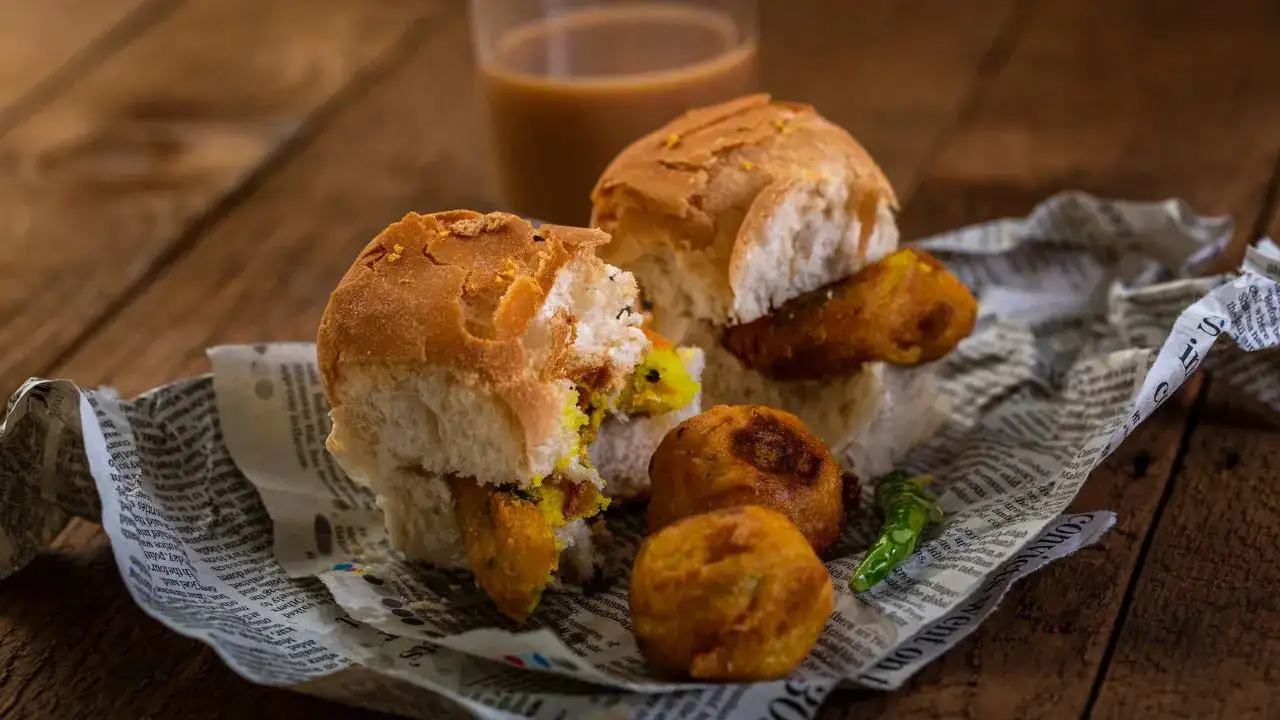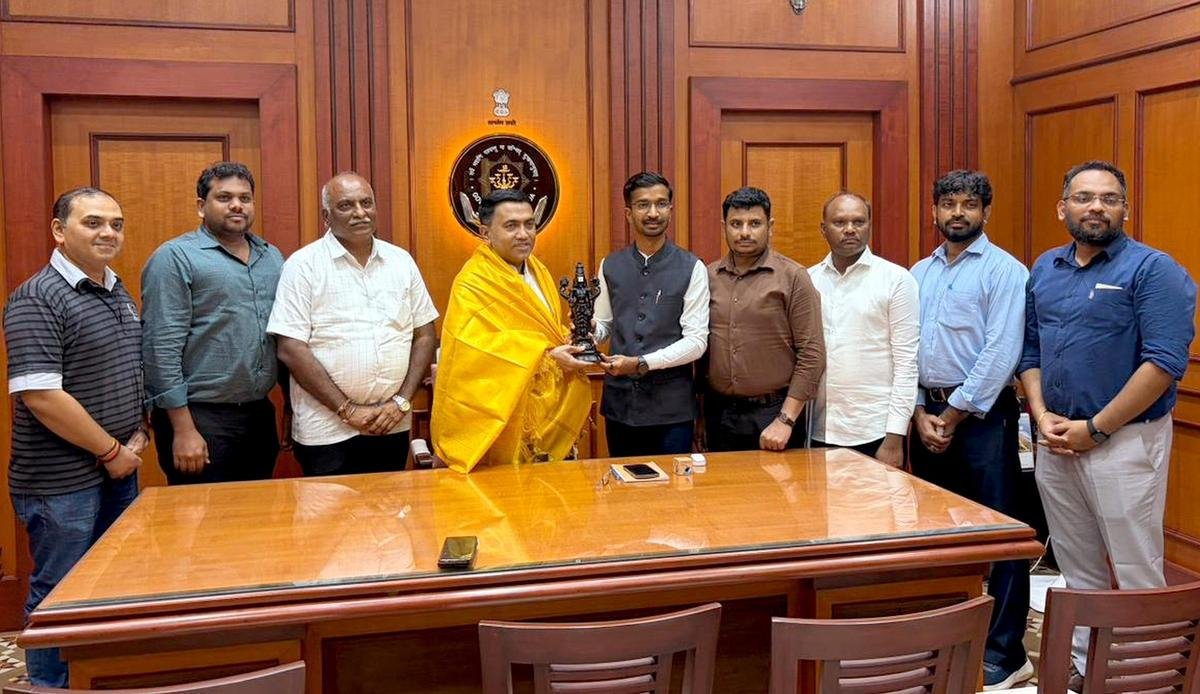The few days between Durga Pujo and Kali Pujo, Bengalis observe what is called ‘Bijoya’. That means visiting friends and taking the blessings of elders. All this, of course, adds to the festive mood. And, no festivity is complete without sweets. Be ready for your guests with these sweets prepared at home.
Payesh topped with dried cranberries

1 litre full cream milk
150 gms small grained rice
250-300 gms of sugar
Quarter tsp of cardamom powder
150 gms of dried cranberries for garnishing
Soak the small grained rice in water for an hour. Drain out the water and keep aside. Boil the milk in a thick bottomed pan. Reduce the heat to medium and keep stirring the milk and cooking till the milk is reduced to three fourths of the quantity. Now mix in the soaked rice which has been drained off the water. Mix in the cardamom powder. Continue to stir and cook on very low flame. Stir from time to time till the rice is cooked (should take around 12-14 minutes) and the kheer has thickened. Add the sugar and stir for the sugar to melt. Cool to room temperature. Serve garnished with dried cranberries. This can be served cool or at room temperature.

Variation; you can add 4 tbsps of condensed milk to the prepared kheer before adding the garnishing. This gives it a rich look and taste.
You can substitute the sugar with jaggery powder.
Gokul Pithey
Festivity is best enjoyed when you prepare new dishes for your guests and loved ones. Try out these starters which are easy to prepare and taste delicious.

A traditional Bengali sweet dish made at home. A little time consuming but the final product is lip-smacking and a sweet-lover’s delight.
For the filling:
200 gms freshly grated coconut
450 gms khoya
2 cups of date palm jaggery
3 tbsps of sugar
2 tbsps of ghee
Chopped nuts – almonds or cashews – optional
For the syrup
2 cups of sugar
4 cups of water
Half tsp of elaichi – cardamom powder
For the batter
200 gms of flour
2-3 pinches of sodium bicarbonate
First prepare the syrup:
Boil the sugar in water. Add the cardamom powder and stir till the sugar melts. Boil for a further 2-3 minutes and then put off the heat and cool to room temperature. Keep in a deep pan or bowl so that there is space for the pithe to soak in this syrup.
To make the Pithey
Heat the ghee in a thick bottomed pan. Lower the heat and fry the coconut and sugar till the sugar melts. Mix in the khoya and continue to fry on low heat for a further 3-4 minutes. Mix in the jaggery and you will have to continue to fry on low heat, stirring from time to time, taking care that it does not stick to the bottom of the pan. Once all the jaggery is absorbed in the mixture and the mixture is fairly dry, put off the heat. Mix in the nuts and cool slightly. Divide into portions and with greased palms shape into round balls. Flatten the balls to the shape of a thick ‘tikki’ or Pithey
To prepare the batter:
In a mixing bowl add the flour and the soda bi carb. Mix well with your fingers and then slowly mix in the water (this should be around 3-4 cups) to obtain a smooth thick batter. The batter must be thick so that it coats the Pithey well when you dip into the batter.

Heat oil for deep frying. Roll each Pithey into the batter and make sure that the Pithey is well coated with the flour batter. Drop into the hot oil and deep fry a few at a time on low heat. Fry 2-3 Pitheys at one time so that there is not much overcrowding. Turn once or twice and fry all the Pitheys on both sides till golden brown. Drop these fried Pitheys, as soon as you take them out of the oil into the syrup. Allow to remain in syrup for 10-12 minutes. Drain out syrup and serve the Pitheys a bit warm or at room temperature.
***********************************************************************
Readers
These are extraordinary times. All of us have to rely on high-impact, trustworthy journalism. And this is especially true of the Indian Diaspora. Members of the Indian community overseas cannot be fed with inaccurate news.
Pravasi Samwad is a venture that has no shareholders. It is the result of an impassioned initiative of a handful of Indian journalists spread around the world. We have taken the small step forward with the pledge to provide news with accuracy, free from political and commercial influence. Our aim is to keep you, our readers, informed about developments at ‘home’ and across the world that affect you.
Please help us to keep our journalism independent and free.
In these difficult times, to run a news website requires finances. While every contribution, big or small, will makes a difference, we request our readers to put us in touch with advertisers worldwide. It will be a great help.
For more information: pravasisamwad00@gmail.com











